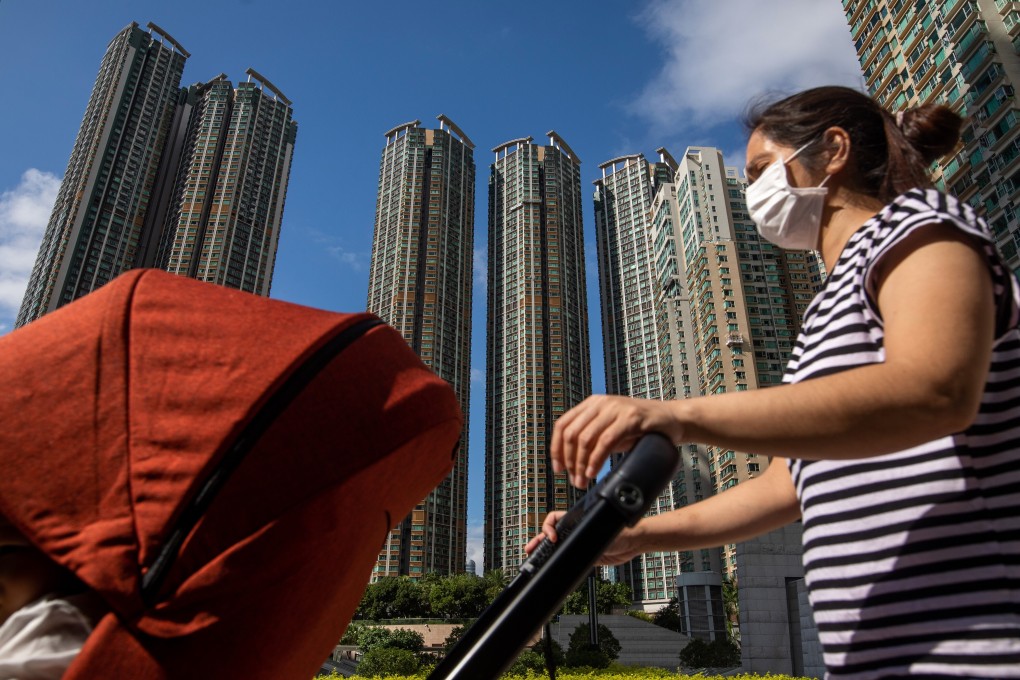Hong Kong’s second-hand home prices soar to a 23-month high as property bull run feeds on cheap money
- An index of lived-in home prices rose to a 23-month high in May, a mere 0.8 per cent from its historical peak, according to government data
- Prices of second-hand homes smaller than 431 square feet (40 square metres) increased 1.1 per cent last month to a record

An index measuring the prices of all lived-in homes rose 0.6 per cent in May to a 23-month high of 393.7, a mere 0.8 per cent from its May 2019 historical peak, according to data released by the Rating and Valuation Department. Prices of second-hand homes smaller than 431 square feet (40 square metres) increased 1.1 per cent last month to a record 439.9, from a year ago.
“Market sentiment has improved now,” said Derek Chan, head of research at Ricacorp Properties. “Supply is not high in the secondary market, so small homes have shown the most significant increases as [they appeal to] the mass market, with the strongest demand. Usually this happens in a rising market.”
Transactions of second-hand homes could top 5,500 in June, the fourth consecutive month for more than 5,000 residences to change hands, according to Midland Realty, which shows how the property bull market has extended into the lived-in segment. That’s also the longest streak of increases since November 2012.